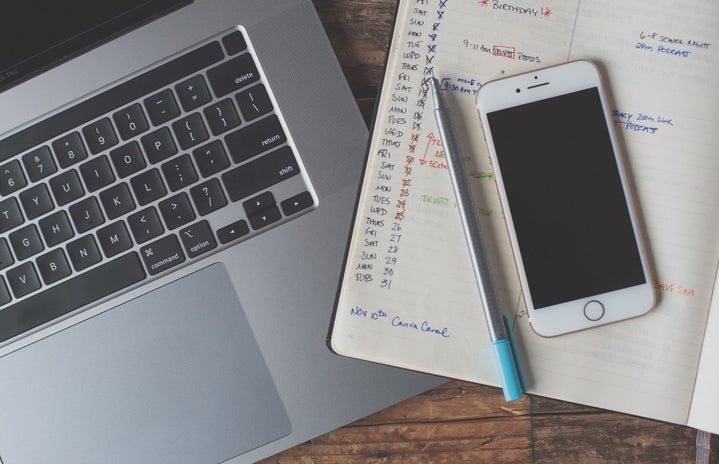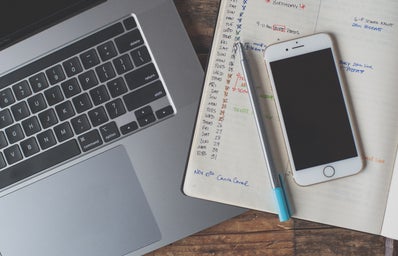As much as we would all like to ignore the anxiety of graduating and stepping into the “real world” as a freshly graduated class, we are unfortunately confronted with the reality that many of us are going to start jobs and lose the title of student for the first time in around 18 years. While there are numerous possible fears stemming from leaving university, one that I have been thinking about a lot is how to find a work/life balance as brand-new graduate employees. Although we have all had to learn some skills to survive deadline and exam seasons while balancing the rest of our extracurriculars and lives, undoubtedly moving from education to the workforce will require an adaptation of these skills. As I start looking towards the future and away from dissertations and essay deadlines, I am hoping to adopt three pieces of advice into my own life.
1. Find your favorite ways to decompress.
Hopefully, we are all able to find jobs that we are passionate about and happy with, but even the most ideal of jobs cannot be a 24-hour affair with no days off. When we all inevitably hit crunch times and find ourselves wanting breaks, it helps to have go-to activities in order to fully disconnect. Anything from hanging out with friends, to finding a new restaurant, to learning a new recipe can be used as time away from work to reset. As long as the activity doesn’t cause more stress or is too mundane to be fun for you, it is something worth spending time on. Just make sure it isn’t something saved for special occasions, as taking time for yourself is always mandatory, not just when you get stressed.
2. Try to find a balance now, especially when it comes to health.
University is many things, but a paragon of health is probably not the first descriptor that pops into my mind. I think one of the most important areas for the future is having the ability to make varied and healthy meals. Outside of tips about mental health and working out, cooking is one of the few things that practically anyone can learn with the plethora of available videos and recipes. It might seem like a basic place to start, but being able to cook healthy meals is a great place to start in creating healthy habits. Trying to work on some of these things even now can help later as time becomes limited and work gets harder.
3. Separate work from home.
We have no way of knowing how long pandemic-style work from home rules and practices will last, but even if we do move back to fully in-person it will remain important to keep work away from free time. Finding a specific working space as opposed to trying to do meetings from bed, and having specific times away from your desk and responsibilities will make it easier to focus on work. The physical separation of work and life, and the ability to take a step back when necessary is a vital skill for any kind of job.
As we transition into the next stages of our lives, it is important to look at the future and how we might approach it in a healthy way. It is normal to be scared of change, but we can also use change as a means of improvement. Losing “student” as a label for the first time in many of our lives is automatically anxiety-producing, but also relieving and exciting. Hopefully we can all start the next stages of our lives well and find joy after facing the end of our educational careers. Good luck to all my fellow graduates, we absolutely need it to face our last semester and everything that comes afterwards.


